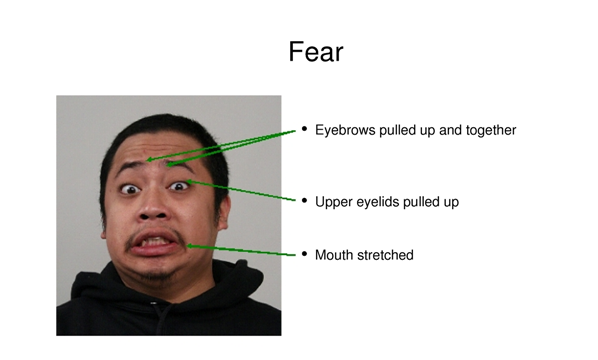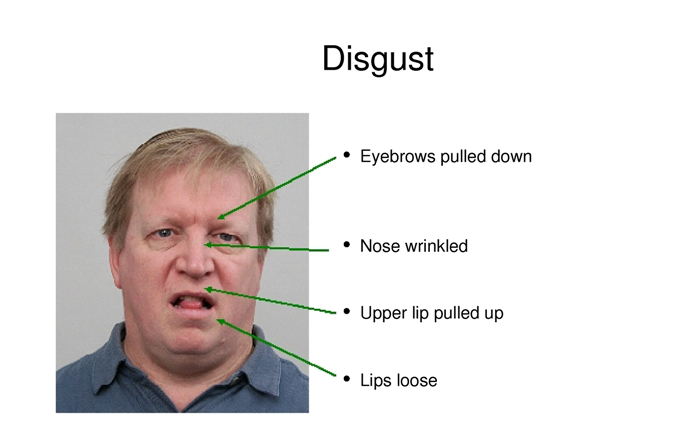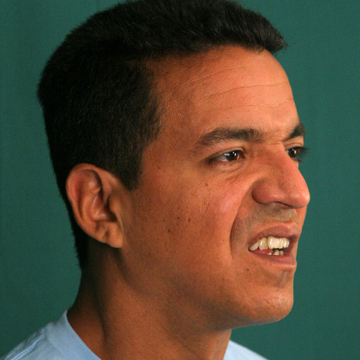It’s no mystery that major and minor chords in western music makes us feel good. But could this be because of an evolutionary trait?
Recent research led by Eline Adrianne Smit and colleagues from the MARCS Institute for Brain suggests this could be the case.
Turn to any major pop radio station in the Western world and you’ll likely recognize some familiar features in the songs including:
- A formulaic structure
- Themes of romance
- A catchy melody in a major scale
- A song less than three and a half minutes
These unique features of modern music are designed to make the audience feel good, so we listen on repeat. But why do these songs make us feel good?
For the last few decades, psychologists have wondered if there are features to music that elicit universal emotional responses in humans.
Could certain elements of music be hard-wired into the human central nervous system?
A Musical Study
The post Does Music Elicit Universal Emotional Responses? first appeared on Humintell.
 A recent study
A recent study Lead researcher Smit also thinks there could be some associative conditioning at play. She makes the important point that people typically don’t listen to music in isolation. Instead we listen to music that fits the context of our situation.
Lead researcher Smit also thinks there could be some associative conditioning at play. She makes the important point that people typically don’t listen to music in isolation. Instead we listen to music that fits the context of our situation.  Giuseppina Porciello and her team asked 31 men whose average age was 24 to take a pill that measures pH levels in the gut.
Giuseppina Porciello and her team asked 31 men whose average age was 24 to take a pill that measures pH levels in the gut. fter watching the videos that elicited feelings of disgust and fear, the participant’s stomach pH level wasmore acidic than it was at a baseline measurement.
fter watching the videos that elicited feelings of disgust and fear, the participant’s stomach pH level wasmore acidic than it was at a baseline measurement. Disgust – Contamination
Disgust – Contamination Fear – Threat
Fear – Threat When you talk about disruption and change, I think everyone can relate to that. Here in the Bay Area we went through a pretty strict lockdown where we had our daily routines uprooted. Can you speak about how disruptions are critical to understanding anxiety and how disruptions affect anxiety?
When you talk about disruption and change, I think everyone can relate to that. Here in the Bay Area we went through a pretty strict lockdown where we had our daily routines uprooted. Can you speak about how disruptions are critical to understanding anxiety and how disruptions affect anxiety?
